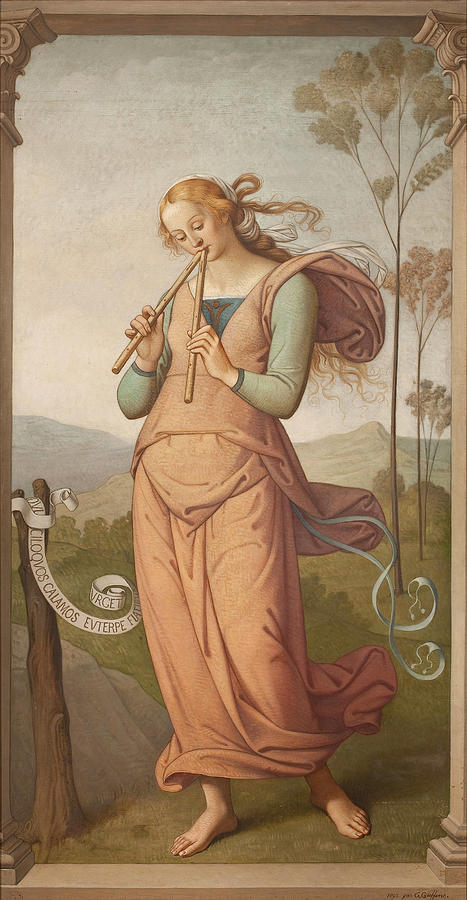
In most accounts she and King Oeagrus of Thrace were the parents of Orpheus, the lyre-playing hero. At the behest of Zeus, the king of the gods, she judged the dispute between the goddesses Aphrodite and Persephone over Adonis. They might end up making a poem, short story, or novel about that. Calliope, also spelled Kalliope, in Greek mythology, according to Hesiod’s Theogony, foremost of the nine Muses she was later called the patron of epic poetry. It can be anything that makes a writer feel inspired to work. Someone might draw inspiration from an experience, a group of people, an object, song, possession, and more. Before addressing these matters, however, it is crucial to define the genre of lyric poetry and the debates surrounding the role of the lyric addressee, frequently figured as the female muse. A muse is a source of inspiration for a writer when they are working. Finally, in the concluding section, I analyse poems from the late-nineteenth century to show how the gendered roles of poet and muse are unsettled via lyric experimentation. It asks for help or inspiration from the Muses, or simply invites the Muse to sing directly through the author. The invocation occurs near the beginning of their work. The second part then interrogates the problematic aspects of this concept for women poets. Ancient authors and their imitators invoke Muses when writing poetry, hymns or epic history. In response to the issues outlined above, this chapter poses the following questions: how do women poets play with the gendered conventions of the lyric genre in order to reconceptualise the poet/muse relationship? Do they claim a muse of their own? Do they try to write as both muse and poet? Or do they reject the concept of the muse entirely? The first part of this chapter traces the development of the muse figure in historical poetic tradition.

This, along with other social and cultural factors, made it particularly difficult for women poets to claim the role of poet for themselves. Due to the concept of the muse, women have been consistently associated with the passive, inspiring role rather than that of active creator – that role is preserved for men. But the gendered positioning of the muse/poet relationship, reiterated throughout literary history, means that the lyric muse has proved a particularly problematic concept for women poets. The muse, as the conventional addressee of the lyric, plays a crucial role in enabling the poem to come into being: she is the absent presence towards whom the poet’s words are directed. The love lyric directed at the beloved muse has a lengthy tradition, from Sappho and Catullus to Petrarch, through Shakespeare, Sidney and Donne, and into the eighteenth, nineteenth and twentieth centuries. He finally dies, but not before selling his skeleton to the Academy of Sciences so that it will be around students long after his death.This chapter examines the genre of lyric poetry, focussing on one particular aspect of that genre, the convention of the muse. Grisha only feels oppressed by Nina and the marriage, but when he expresses this in verse, she tears it up. She was also known as the goddess of epic poetry and conferred the. She makes him get rid of all the unsightly friends and compels him to write poetry suitable for publication by Comrade Makushkin. The eldest of the nine Greek muses, Calliope was the goddess of music, song, and dance. Nina has her hounded by the police so that the field will be clear for her to marry Grisha, which she does.
Nina has a mind to fall in love with Grisha, for them to have that passionate affair, but is frustrated by his attachment to the friendship of all the rabble, especially that of a thin, unkempt painter named Lizaveta. During a Japanese flu epidemic, she finds her way into the life of Grishunya, a poet/custodian revered as genius and saint by his hodgepodge following of Bohemian friends. Able Muse predominantly publishes metrical poetry complemented by art and photography, fiction and non-fiction including essays, book reviews and interviews. Nina, a doctor in Moscow, has left her husband and is looking for a passionate romance, which, she believes, she deserves as much as anyone else, but only finds herself in a tired affair with a fastidious dermatologist, Arkady Borisovich.


 0 kommentar(er)
0 kommentar(er)
